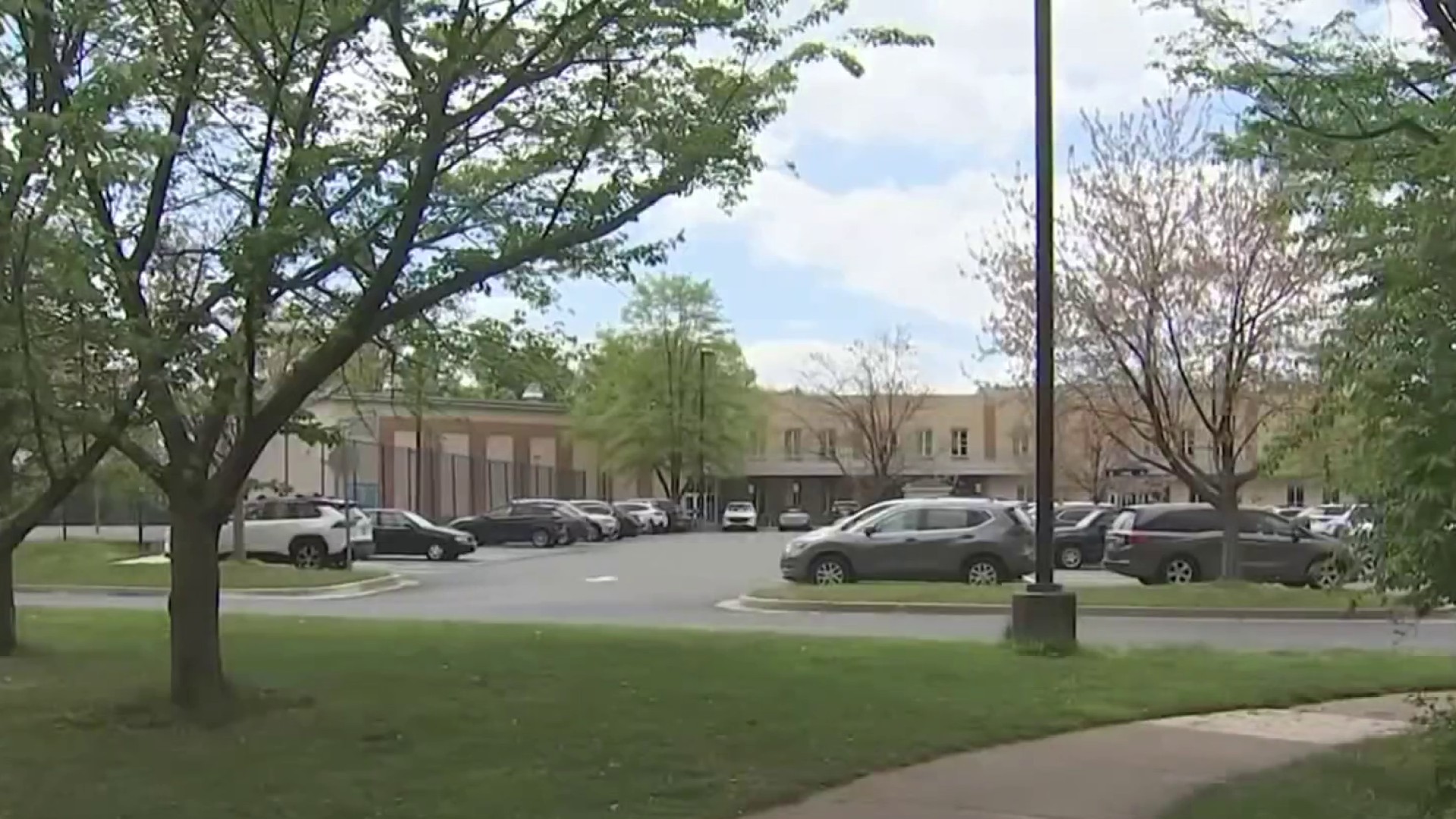A Maryland woman's legal victory over the Internal Revenue Service may be a boon to MBA students nationwide.
The U.S. Tax Court ruled last month that Lori Singleton-Clarke, a 47-year-old nurse from Bryantown, properly deducted almost $15,000 of business school tuition, a ruling that should make it easier for others to deduct the cost of their Master in Business Administration degrees, the Wall Street Journal reported.
The IRS's rules on deducting work-related tuition are complicated and onerous, ultimately preventing most students from deducting their tuition. But this case clarifies the rules and will likely lead to more taxpayers taking the deduction, tax experts say.
Even better: Singleton-Clarke bypassed lawyers and defended herself. She said she couldn't afford a lawyer, but she didn't let that stop her from doing what she believed was right.
Her odyssey began in 2006, when she filed her 2005 return. It showed just over $50,000 of income, several smaller deductions, and one large one—for $14,787 of expenses for an M.B.A. from the University of Phoenix, an online school. Ms. Singleton-Clarke deducted the tuition because her tax preparer told her she met the law's narrow definitions.
When the IRS audited the return in late 2006, she conceded all the IRS's challenges to her deductions but one. She dug in her heels on the tuition deduction because, after looking at a complex diagram in IRS Publication 970, she believed she qualified for it.
The audit included confusing correspondence between Singleton-Clarke and the IRS and a visit to the IRS office in downtown D.C., she told the Journal.
Tax Analysts President Christopher Bergen said that such bullying is typical IRS behavior.
Local
Washington, D.C., Maryland and Virginia local news, events and information
"Without doing anything illegal, they muscled her. That's what they do. The pressure can be terrifying."
When the IRS didn't back down, Singleton-Clarke went to court in November 2008, then waited a year before learning of her upset victory.
An IRS spokesman told the Journal that it doesn't comment on cases involving specific individuals.
The IRS only lost 10 percent of about 300 such cases in 2009, though the losers included people who'd filed frivolous returns and outrageous claims like an attorney who tried to deduct $100,000 in visits to prostitutes as medical expenses, the Journal reported.



